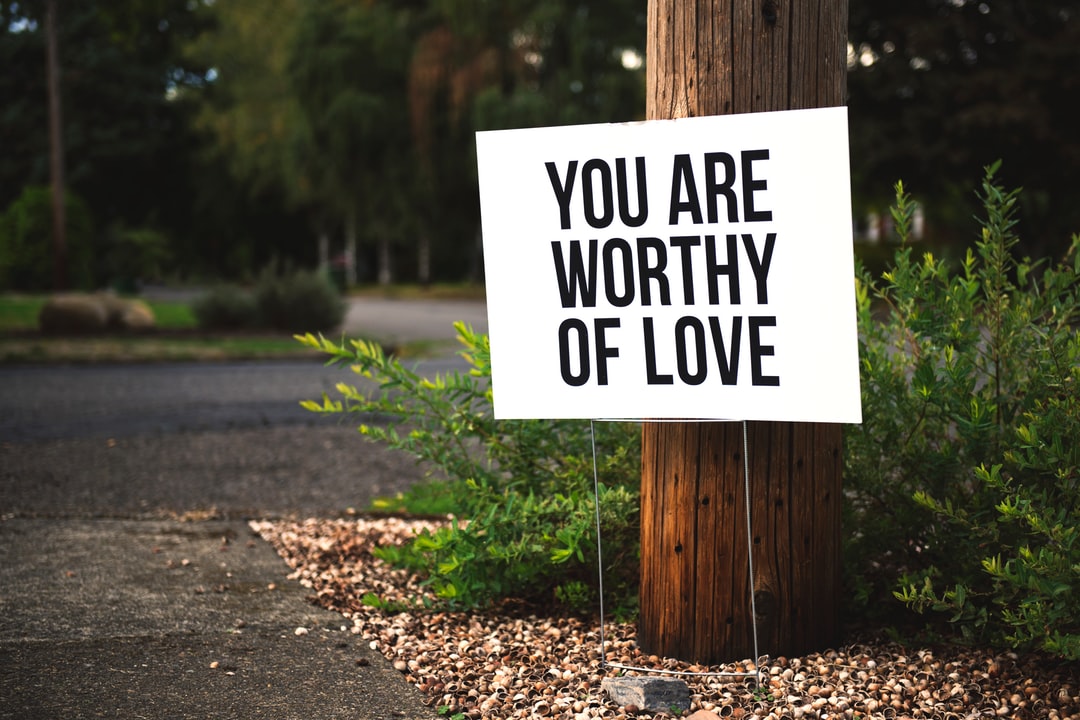|
By Steven Done
Equality Utah and others are pushing to enact a broad ban on any therapies they refer to as "conversion therapy". The practical effect of this ban would be to prevent teens from receiving ethical therapies aimed at helping them live according to their deeply-held religious beliefs. “Conversion therapy” is a term coined by political activists that is intentionally unclear. Ethical, licensed psychotherapists respect the right of clients to choose the goals of their therapy and help them work through emotional and relational issues that may influence these life circumstances. It is both dishonest and unfair to label these ethical mental health professionals as “conversion therapists”. Equality Utah defines "conversion therapy" as "the practice of attempting to change someone’s sexual orientation or gender identity". The legislation they introduced in the Utah State Legislature defined it even more broadly: "Conversion therapy" means any practice or treatment that seeks to change the sexual orientation or gender identity of a patient or client, including mental health therapy that seeks to change, eliminate, or reduce behaviors, expressions, attractions, or feelings related to a patient or client's sexual orientation or gender identity.The proposed rule currently before Utah's Division of Occupational and Professional licensing closely mirrors the effect of the original legislation. Under this definition, "conversion therapy" is any therapy with the goal of change - no matter the approach. Remember: change is the goal of any therapy for any unwanted feelings. Therapy, by its very nature, for any purpose, has a goal of changing behaviors, feelings and expressions. Indeed, what would be the purpose of going to a licensed therapist for help if not to hope for some change, at a minimum, in behaviors? It's time for society to push aside the propaganda. Equality Utah and other lobbying groups are playing a careful game of word chess to attack ethical, positive therapies for unwanted same-sex attractions and gender identity conflicts. They do so in a few ways:
But the truth is, ethical therapists work to help their clients accomplish their chosen goals using standard techniques used for any unwanted behaviors or feelings, such as EMDR and Cognitive-Behavioral Therapy. They don't engage in aversive techniques. They don't guarantee change, even if that is the client's goal, just as they don't with any other unwanted behaviors or feelings. But they do help the client with their desired goal. They help their client think about attractions in different ways, heal wounds and rebuild relationships, reprocess old traumas to reduce their power, and overcome shame. This therapy approach is not shaming, coercive, or dangerous. Yet it still falls under the definition of "conversion therapy" proposed by Equality Utah and would be outlawed under the current proposed rule. My therapist was instrumental to my healing. My attractions used to bring me a lot of shame, and they used to be a very powerful force in my life. I frequently thought of my "attractions" as a single thing that was exclusively related to sex, and as a result I deliberately avoided touching other men or looking them in the eye. The therapy I received from my licensed therapist focused on thinking about attractions in different ways, and on reducing the shame I felt. My therapist helped me see that most of what I was experiencing had nothing to do with sex. He helped me see that my desire for hugs from another man was a need for confirmation that I am valued by other men. I began to understand that intense feelings when looking other men in the eye were there because I had avoided it for so long, and because being seen by another person is a powerful experience. I came to understand that spending time with other men is a need that all men have. In other words, much of what I experience can be interpreted as intense desires for friendship and a deep, unfulfilled need for confirmation that I have value. I believe the eroticization came because I had denied myself true friendship for so long and because of the false stories I had in my head about the desires for friendship that I had. Not only did this approach greatly reduce the shame I felt, but it eliminated entirely my suicidal thoughts. Ethical therapy for unwanted same-sex attractions and gender dysphoria is simply that - good, ethical, safe therapy. Equality Utah's definition of "conversion therapy" and the associated stories are straw men set up to distract from this fact. It is just like any other therapy for any other unwanted feelings or behaviors. It is not dangerous or shame-inducing. Indeed, it saved me and others I know from suicide. Had I not had the ability to set my own goals in therapy, I likely would have killed myself. Please help protect all teens by asking the licensing boards and the governor to keep all goals for therapy on the table. Take a first step by signing this petition. You can find out about additional ways to help at ProtectAllTeens.com. |
AuthorVolunteers of Utah Eagle Forum. Archives
January 2024
Categories
All
|


 RSS Feed
RSS Feed
